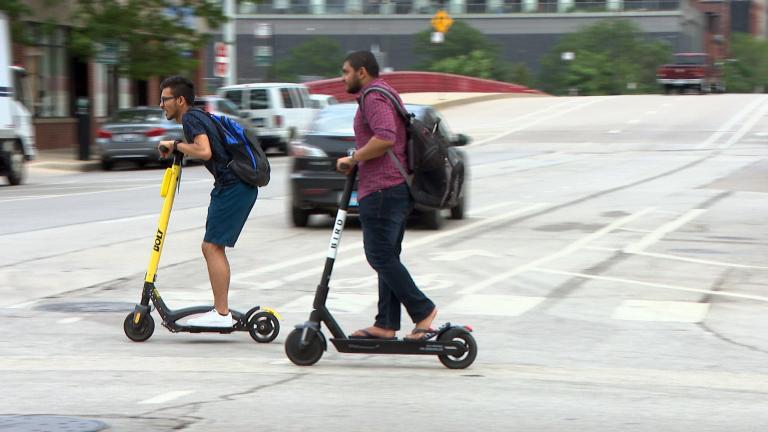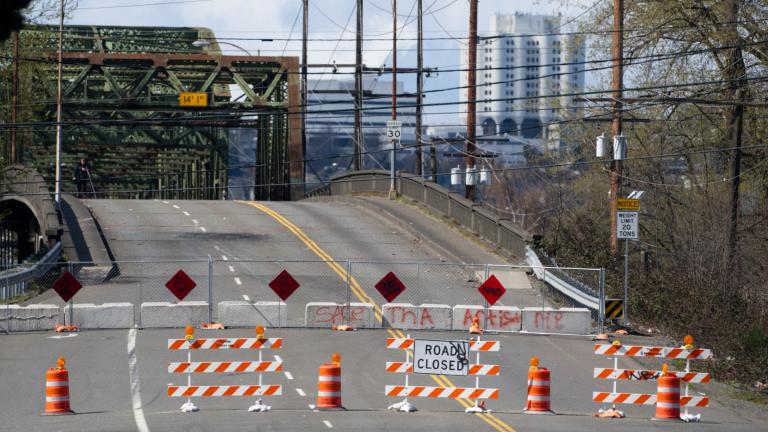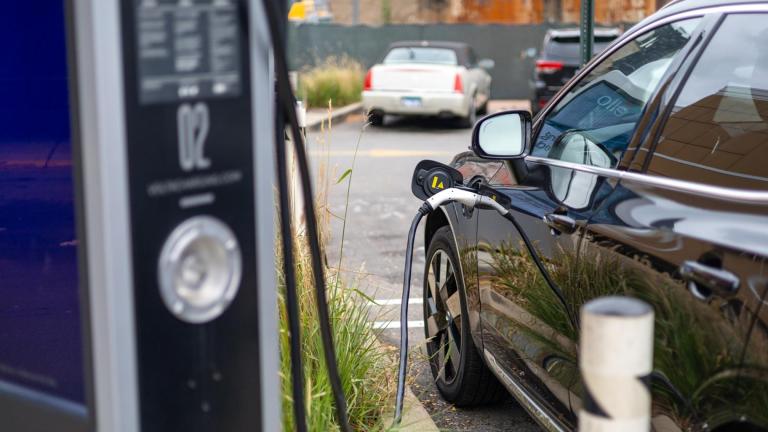Chicago’s pilot program to allow electric scooters on city streets is proving popular – at least with scooter users.
A newly released report from Lime – one of 10 companies taking part in the city’s pilot program – claims that demand for the scooters is outstripping supply.
But questions remain about the safety of allowing scooters to share the road with cars and trucks. Last month, Nashville Mayor David Briley suspended that city’s scooter program following its first scooter-related fatality in May.
Nationwide, there were eight fatalities involving rentable scooters between fall 2017 and March 2019, according to a study by Consumer Reports. By comparison, there were two deaths involving bike-share programs over the last decade.
While there have been some scooter-related accidents so far in Chicago, there have been no reported fatalities.
“I think the real benefit of scooters to my mind is that they are starting a dialogue about safety and transportation for people who don’t drive,” said Kate Lowe, assistant professor of urban planning and policy at the University of Illinois at Chicago. “Traffic deaths are going down nationally but pedestrian deaths are going up and we see people using more sustainable modes of transportation being very vulnerable.”
In June, the city allowed 10 companies to make available 2,500 scooters across a 50-square-mile area. The four-month pilot runs through Oct. 15 and is supposed to determine whether scooters could improve transportation access and cut down on car use.
Lowe said the pilot was “unfolding appropriately even if it is bringing some issues to the fore and sparking some strong feelings on Twitter.”
But she said it was also highlighting some of the shortcomings of the city’s infrastructure for non-drivers.
“I think one of the biggest issues is the public safety issue,” said Lowe. “I’m not sure the city infrastructure is really ready for scooters, to be frank. Streetsblog (Chicago) tracked 21 emergency room visits in the first two weeks of the pilot.”
Lowe said that one way to make scooter and bicycle use safer would be to create truly protected lanes that separate users from motor vehicles.
“Hard infrastructure is certainly a part of the equation and protected lanes that scooters and bicyclists could share would be an important component of safe infrastructure,” she said.
She also noted that if one of the goals of the city’s program is to evaluate scooters as a public transportation option for Chicagoans who don’t have access to cars, then putting more into buses would “have less safety risk.”
Ultimately, Lowe believes scooters are likely here to stay, but she said the city should take the time to glean what lessons it can from the pilot program before rolling out a permanent service.
“I don’t think we should necessarily immediately scale up but I do think scooters are going to be in Chicago’s future,” said Lowe. “I just hope we don’t rush to scale up before getting some of the components right.”
Related stories:
Electric Scooters Are Popular in Chicago, but Safety Concerns Linger
Ready or Not, Electric Scooters Arrive on Chicago’s West Side
Will Chicago’s Shared Electric Scooters Cut Emissions? It Depends, Experts Say
Chicago is Getting Electric Scooters – But Are They Safe?








